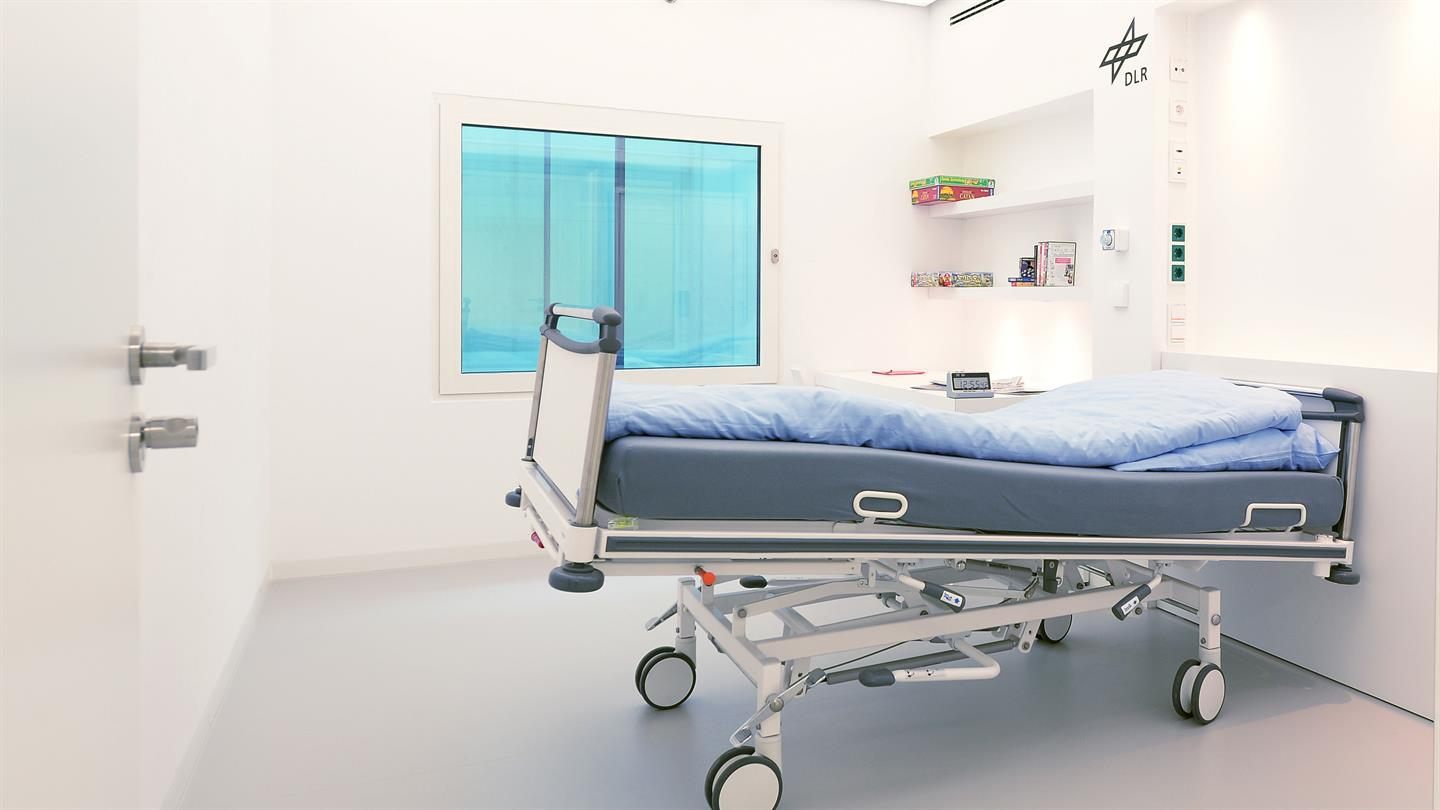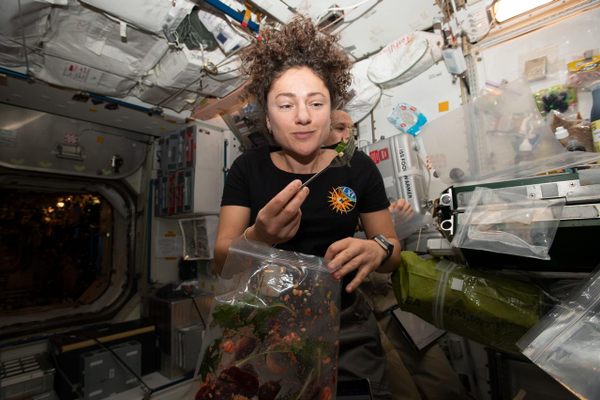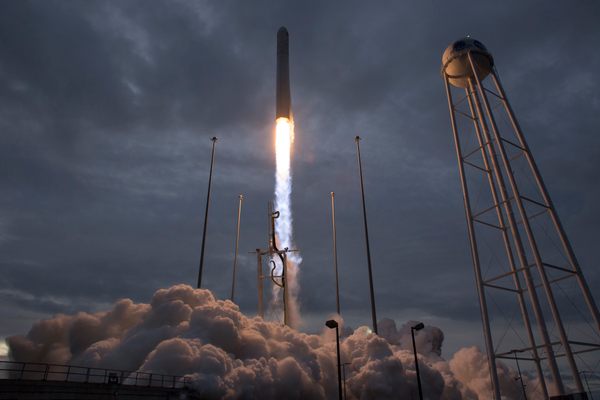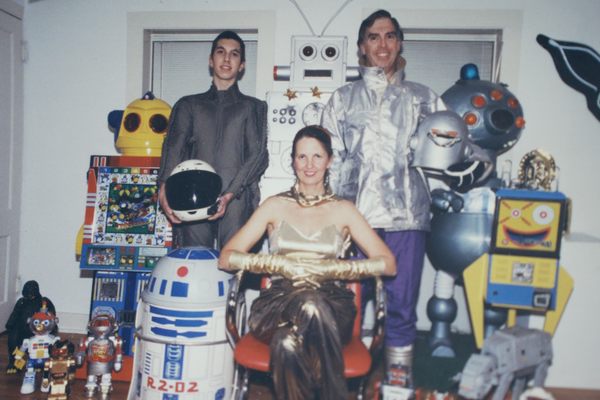Wanted: Women Who Will Spend 60 Days in Bed, for Science
Space agencies are looking for 12 female participants for a microgravity study that’s every couch potato’s dream.

For approximately $207 a day, the job doesn’t sound very hard. All you have to do is lie down in a precisely angled bed in a private room for a breezy 60 days (plus 29 extra days to transition and rehabilitate). Two months of absolute, compulsory rest and relaxation, all in the name of space exploration. For couch potatoes, it’s a highly regulated dream.
To better understand how to counteract the effects of microgravity on the human body, scientists from the German Aerospace Center, the European Space Agency, and NASA are recruiting women for an upcoming bed rest study in fall 2019. The study will observe people reclining for 60 days on beds that angle their head to rest six degrees below their bodies. Microgravity breaks down muscles and bones in space and shift body fluids toward the head, resulting in what NASA calls “puffy-head, bird-legs” syndrome. It’s also one of the most difficult space-based challenges to simulate in a lab. So NASA researchers devised the head-down tilt as a way to mimic this sensation of weightlessness.
A lucky two-thirds of the participants will also take part in a “short-arm human centrifuge” that will spin them around for 30 minutes a day, according to the German agency’s site. The machine generates artificial gravity that helps redistribute fluids evenly throughout the body, a possible counterbalance to microgravity. To combat these effects in the past, astronauts have needed to spend most of their day exercising, which results in precious flight time spent strapped on a treadmill. In comparison, 30 minutes in a centrifuge would free up a huge hunk of the day to do, you know, astronaut stuff.
One of the downsides of a bed-rest study is that participants actually cannot get up. All activities, such as eating and showering and peeing, must happen while they are lying down and tilted. Another downside? In order to maintain as controlled an experiment as possible, the researchers do not want participants to gain or lose weight and will feed everyone a standardized diet without additives or artificial sweeteners. But the researchers do promise the occasional pancake.
The study pays $16,500 euros (around $18,500) and the space agencies even outline a few other incentives to convince people to join the study, such as ample time to binge-watch a show (or 20) or make a five-year plan. Per the website: “During the study, you’ll be able to work out which goals you want to achieve in the future.” The only requirements are to be a nonsmoking German-speaking woman between the ages of 24 and 55 who is willing to give up several weeks to seriously lie down.
This study is far from the first time space agencies have paid people to lie down. In 2013, NASA hired volunteers to lie in bed for 70 days, and in 2017, France’s Institute for Space Medicine and Physiology hired 24 “fit and sporty males” to lie down for 60 days. This current project will study 12 men and 12 women but is only recruiting women (ideally fit but no need to be sporty) right now.











Follow us on Twitter to get the latest on the world's hidden wonders.
Like us on Facebook to get the latest on the world's hidden wonders.
Follow us on Twitter Like us on Facebook